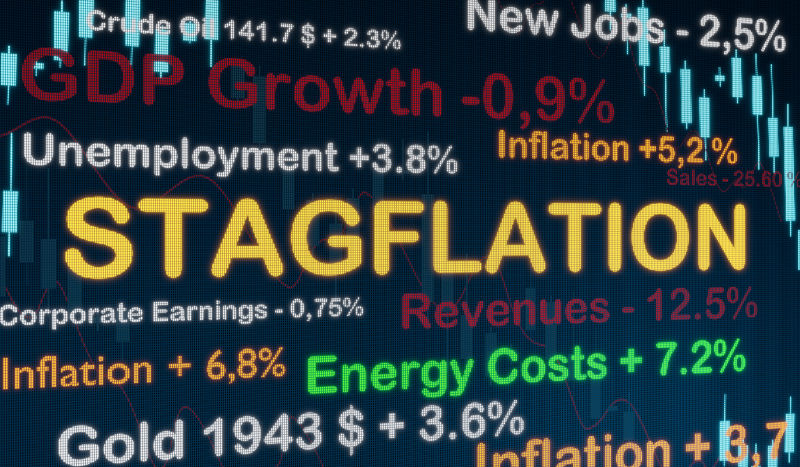Does it all seem like 1932?
July 30, 2023
Western economies have immovable stagflation that classical (include monetarist) policies wont budge, the increasingly bearish market seems incapable of getting growth, investment is in retreat, unemployment is rising and people in rich countries are starving. The Great Depression was just like that, and so is the present western capitalist economy.
As the pundit says, those who do not learn the lessons of history are forced to relearn the way out of the mess. The key to the solution which was ultimately achieved was recognised by Keynes (and grudgingly adopted) by Western capitalism: there is a necessary balance between the roles of the Market and the Government sectors and the latter needs to have sufficient power to intervene in the market to restore the balance. It became clear then, as it is now, that large wealthy economies cannot tolerate gross disparities in the distribution of wealth that leave otherwise blameless citizens in abject poverty. I am old enough to know that out of this arose the academic study of Welfare Economics.
The obvious truth, rejected more recently by the inaptly named economic rationalists, is that in a developed economy there are Public Goods and Private Goods. Public goods are foundational to modern civilisation for all citizens, access to clean water, power, basic housing, public transport, and telecommunications. Despite insane ideological moves to Balkanise these services in the name of competition they are best and most efficiently provided by government owned or regulated monopolies. The competition is illusory in the multiplicity of power supply companies and telecommunications firms, which reduplicate administration, and in the case of telecoms, unnecessarily, hardware (e.g. Telstra and Optus, and even TPG), with actual price competition not clearly visible. The undeniable truth is that our economies cannot survive without the proper provision, on an equal basis, of these Public Goods. And we are losing it to the detriment of the poor and the week, but also the economy as a whole. As I have reported elsewhere, the Australian Department of Postwar Reconstruction guaranteed the availability of public goods to all, as well as a guaranteed living wage. So it can be done.
The other key to the escape from the stagnation hole is that the State can and should use fiscal policy to rectify the maldistribution of wealth and resources. If all the tax evaded was collected and used to eliminate homelessness and poverty, let alone the shameful plight of our indigenous population, the economy would be booming with no need for the blunt instrument of monetary policy, and, dare one say, be fairer and more humane.
Add to this the benefits which might well ensue if education was regarded as a free Public Good instead of a commodity to be sold to rich foreigners, the betting industry was taxed to the limit for the benefit of the population, and we had an industry policy which encouraged home grown manufacture of electric vehicles, mobile phones, photovoltaic cells, solar, hydrogen and other power sources.
That might give us hope in the hot days ahead.
